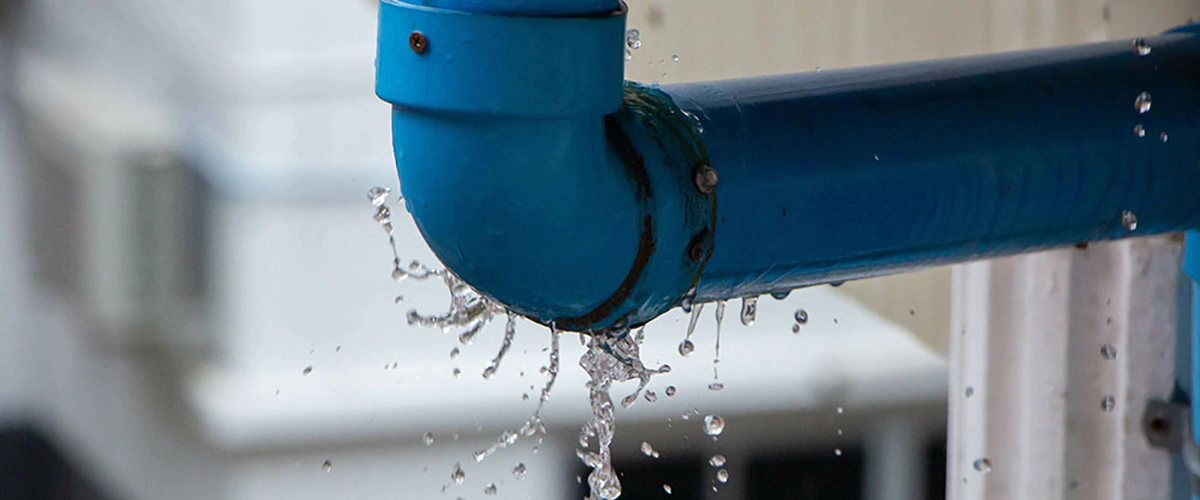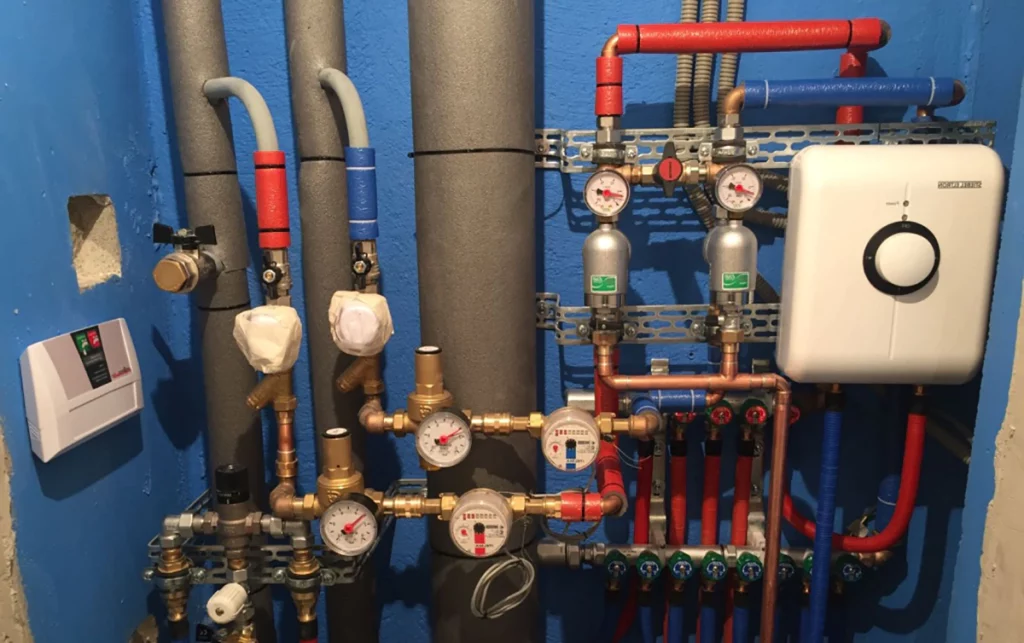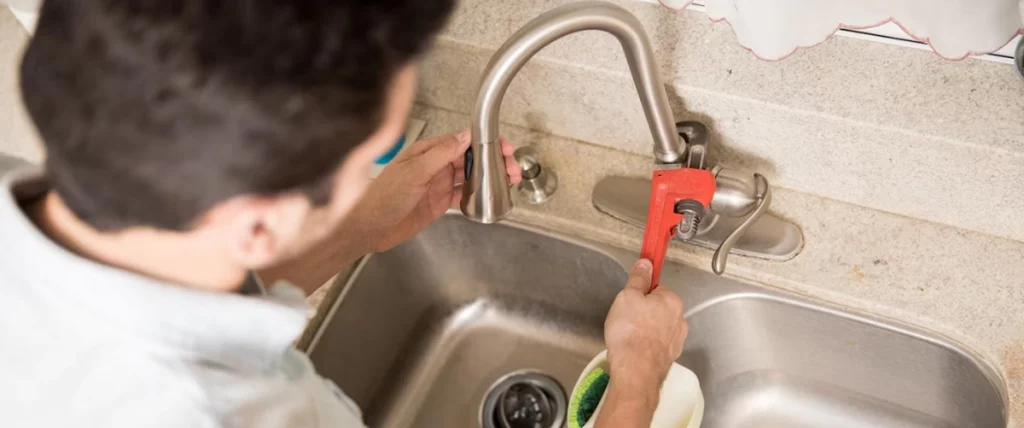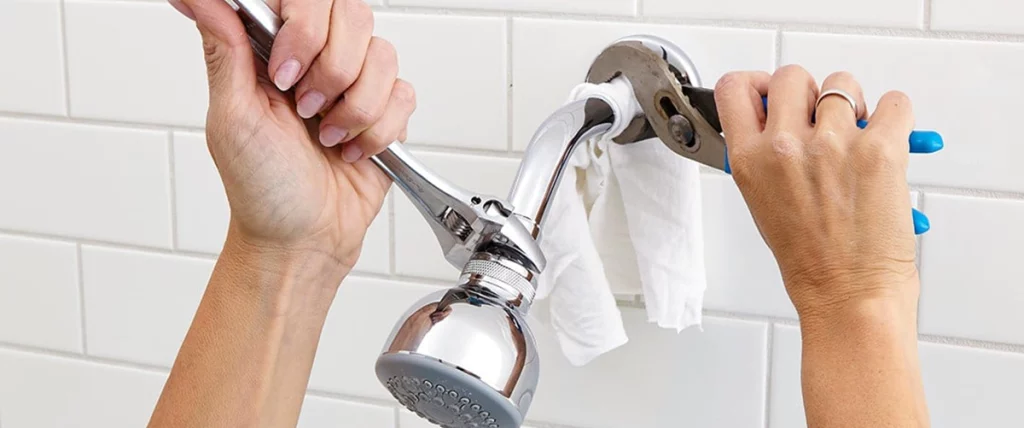The sunny summer season brings not just fun and warmth but also a unique set of plumbing problems that many homeowners tend to overlook. While it’s tempting to bask in the sun and put aside household concerns, it’s essential to be proactive in addressing these issues before they escalate. Below, we delve into the most common summer plumbing problems and provide insights on identifying and fixing them.
Contents
Identifying Summer Plumbing Problems
Summer brings with it a host of enjoyable activities, from backyard barbecues to beach outings. However, along with the increased temperatures and longer days, there are specific plumbing issues that tend to arise more frequently during this season. Recognizing these problems early on can prevent them from becoming bigger headaches. Here’s what to look out for:
- Burst Pipes: Summer doesn’t necessarily mean it’s the end of burst pipes. A sudden cold snap or an unexpected freeze can catch homeowners off guard. It’s crucial to ensure your pipes, especially those outside or in unheated areas, are properly insulated.
- Clogged Drains: Increased outdoor activities can lead to more debris getting into your drains, be it sand from the beach or dirt from gardening. This could potentially clog your drains, causing backups and other plumbing issues.
- Faulty Sprinkler Systems: As sprinklers come out of hibernation, they are prone to wear and tear from the previous seasons, leading to inefficiencies or malfunctions.
- AC Condensate Line Issues: Air conditioning units work overtime during summer, leading to more condensation. If the condensate line gets clogged, it can cause water leaks.
- Sewer Line Backups: Summer rains can lead to an overload in the sewer system, causing potential backups in your home.
- Low Water Pressure: With increased water usage, from filling swimming pools to frequent showers, homeowners might notice a dip in their water pressure.
- Hard Water: If you live in an area with hard water, the minerals can accumulate in your plumbing systems during heavy summer usage, causing potential damage.
Preventing Burst Pipes
Burst pipes can cause significant water damage to your property and can result in costly repairs. While they are more commonly associated with winter months when water inside pipes can freeze and expand, they can also happen in other seasons due to various reasons. Here’s how to prevent burst pipes:
Insulation: Ensure your pipes are well insulated, especially those exposed to the external environment.
Regular Checks: Look for signs of wear and tear, and address any vulnerabilities immediately.
Dealing with Clogged Drains
A clogged drain can be a major inconvenience, hindering daily tasks and potentially leading to unpleasant odours or even water damage. Here are practical steps and solutions to deal with clogged drains:
Drain Guards: Use drain guards to prevent large particles from entering your drains.
Regular Cleaning: Clean the drains periodically with a mixture of baking soda and vinegar, followed by hot water, to break down clogs.
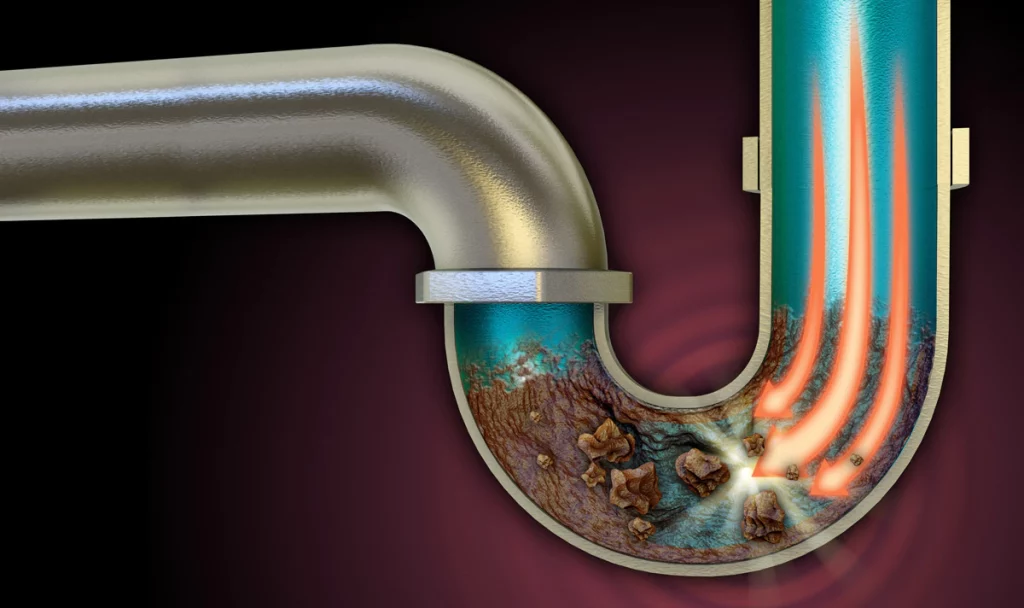
Maintaining Your Sprinkler System
A well-maintained sprinkler system ensures that your lawn and garden remain healthy and vibrant throughout the warmer months. Proper maintenance not only conserves water but also saves money in the long run by avoiding major repairs. Here’s a guide on how to keep your sprinkler system in top shape:
Check for Leaks: Start the season by checking your sprinkler system for leaks or broken sprinkler heads.
Positioning: Ensure sprinkler heads are positioned correctly to avoid watering sidewalks or driveways.
Schedule: Water during the cooler parts of the day to reduce evaporation and save water.
Avoiding AC Condensate Line Issues
The AC condensate line, also known as the drain line, plays a crucial role in removing condensation produced by your air conditioner’s evaporator coil. If the condensate line becomes clogged or obstructed, it can lead to a range of problems, including water damage and reduced system efficiency. Here’s how to avoid issues with your AC condensate line:
Regular Cleaning: Use a mixture of bleach and water to clean the condensate line, preventing algae growth.
Install a Leak Detector: This will alert you if there’s any water backup.
Tips for Sewer Line Maintenance
Maintaining your sewer line is essential for the health and safety of your home. Regular maintenance can help avoid unpleasant surprises like blockages, back-ups, and costly repairs. Here’s a guide to help you maintain your sewer line in top condition:
Tree Root Control: Be cautious of where you plant trees, as their roots can grow into sewer lines.
Install Backwater Valves: This prevents any potential backflow from the city’s sewer into your home.
Solving Low Water Pressure Problems
Low water pressure can be a frustrating issue for homeowners, affecting everyday activities like showering, washing dishes, and gardening. Understanding the potential causes and solutions can help restore optimal water flow. Here’s a guide on addressing low water pressure problems:
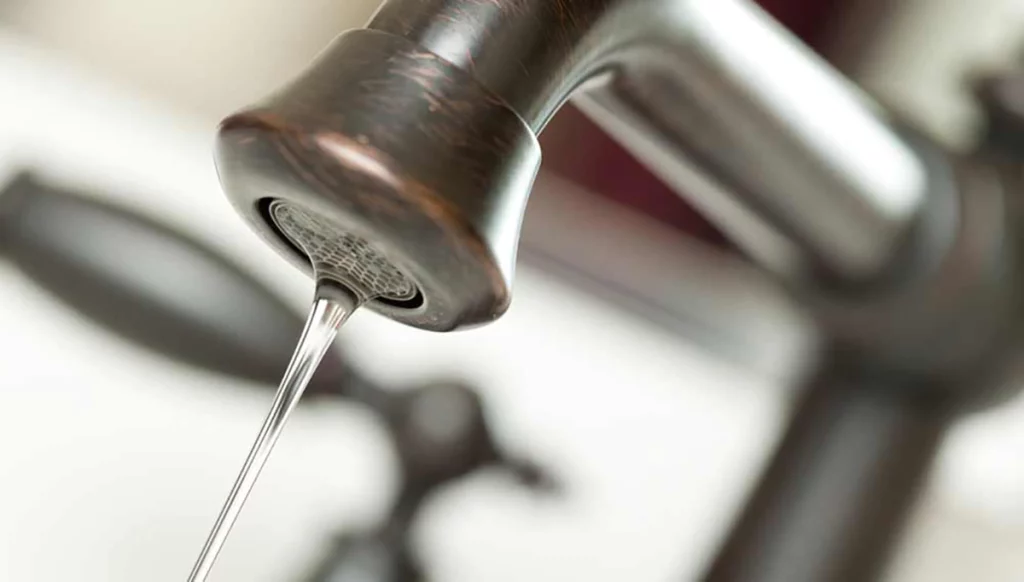
Check for Leaks: A hidden leak can be the cause of reduced water pressure.
Clean Aerators: Over time, aerators on faucets can become clogged. Cleaning them can help restore water pressure.
Protecting Your Plumbing from Hard Water
Low water pressure can be a frustrating issue for homeowners, affecting everyday activities like showering, washing dishes, and gardening. Understanding the potential causes and solutions can help restore optimal water flow. Here’s a guide on addressing low water pressure problems:
Install a Water Softener: This will reduce the mineral content in your water, extending the lifespan of your appliances and plumbing.
Regular Maintenance: Regularly clean and maintain appliances that come into contact with hard water.
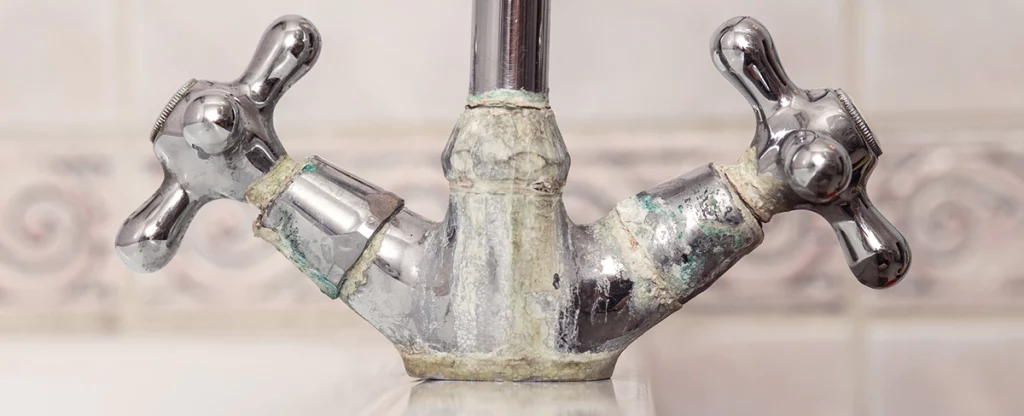
Emergency Summer Plumbing Issues
During the warm summer months, while many of us are enjoying vacations and outdoor activities, certain plumbing issues can emerge that require immediate attention. Being aware of these potential emergencies and knowing how to address them can save time, money, and prevent extensive damage. Here’s a look at common emergency summer plumbing issues
Burst Pipes:
- Although more common in winter, summer can still see occasional cold snaps or sudden temperature drops, especially at night. This can lead to pipes bursting if they’re not well-insulated.
- Solution: Know the location of your main water shut-off valve and turn off the water supply immediately. Call a plumber to address the issue.
Clogged Drains:
- With increased outdoor activities, debris like sand, grass, and dirt can easily find its way into your drains, leading to clogs.
- Solution: Use a plunger or natural solutions like baking soda and vinegar to clear minor blockages. For persistent clogs, call in a professional.
Sewer Line Backups:
- Intense summer storms can lead to overwhelmed sewer systems, which can result in backflows or backups into your home.
- Solution: Install a backwater valve to prevent sewage from flowing back into your home. If you experience a backup, call a professional immediately.
Sprinkler System Leaks:
- A broken sprinkler head or leak can lead to significant water wastage and higher bills.
- Solution: Inspect your sprinkler system regularly and replace any damaged components.
Overworked Sump Pumps:
- During heavy rains, sump pumps can work overtime and might fail if not in good condition.
- Solution: Test your sump pump at the beginning of the summer and consider a battery backup for power outages.
Washing Machine Overflows:
- With more outdoor activities and trips, summer can mean extra laundry, putting a strain on your washing machine hoses.
- Solution: Check hoses for bulges, leaks, or cracks and replace them if needed. Always ensure there’s a tray under the washing machine to catch potential overflows.
Garbage Disposal Clogs:
- Summer BBQs and parties can lead to inappropriate items being put down the garbage disposal.
- Solution: Be cautious about what you put down the disposal—avoid bones, fruit pits, and fibrous materials. If clogged, turn off the unit and try manually turning the blades using an Allen wrench or call a plumber.
AC Condensate Line Blockage:
- In peak summer, AC units work overtime, leading to more condensation. If the line gets blocked, it can lead to water leaks.
- Solution: Regularly clean the line and check for blockages, especially before the intense summer heat sets in.
Toilet Overflows:
- With kids home from school and potential summer parties, toilets get used more often and might get clogged or overflow.
- Solution: Educate the household on appropriate toilet paper usage and keep a plunger handy. For recurring issues, call a plumber.
Gas Leaks from Outdoor Grills:
- Summer is BBQ season, but gas leaks from propane tanks can be dangerous.
- Solution: Regularly check connections and use soapy water to detect any leaks. If you smell gas, turn off the supply and call a professional.
In conclusion, while summer brings a lot of joys, it also brings specific challenges to our plumbing systems. Being proactive, regularly inspecting, and immediately addressing any issues will ensure a hassle-free summer season.
FAQ about common summer plumbing problems
Increased Irrigation: Higher usage of sprinkler systems can lead to leaks or issues with the irrigation system.
Clogged Garbage Disposals: Summer often means more outdoor cooking, leading to a higher load on garbage disposals.
Sewer Line Backups: Summer storms can overwhelm sewer systems, causing backups.
Outdoor faucets can experience leaks due to increased usage, higher water pressure, or damage caused by exposure to extreme temperatures during the summer months.
Stop Water Usage: Minimise water usage to prevent further backup.
Contact a Professional Plumber: Seek help from a plumber experienced in sewer line issues.
Avoid DIY Solutions: Refrain from attempting to fix it yourself to prevent exacerbating the problem; professional assistance is crucial in handling sewer line backups.



